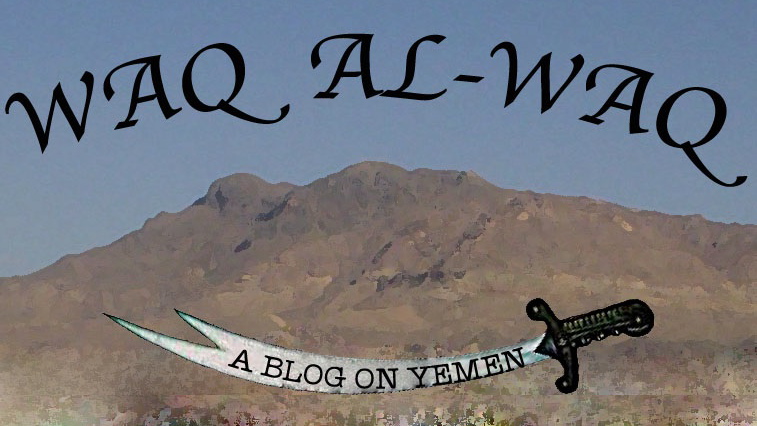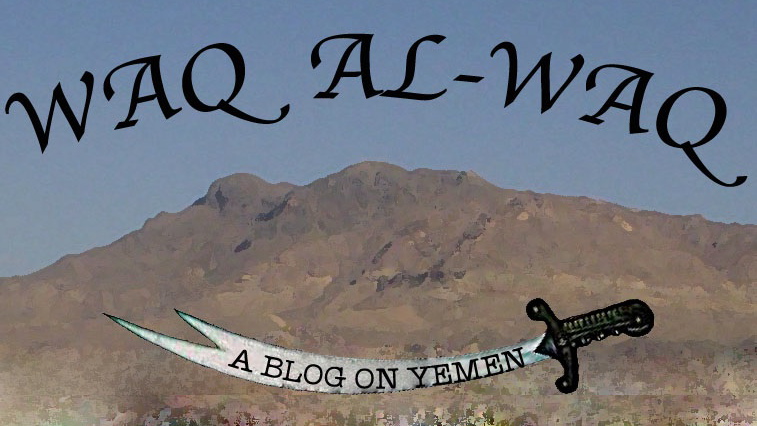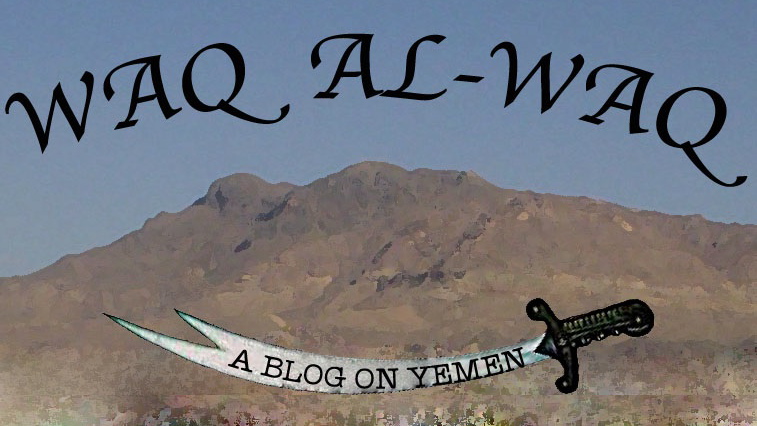Recommended Reading
There have been a number of articles about Yemen in recent days. (Waq al-waq even put in an appearance on the pages of the Washington Post.) Most have been nonsense, some have been good and a few have been very good.
But I wanted to draw your attention to two articles I thought deserved special notice.
The first is by Michael Isikoff of MSNBC. With all the nonsense being spewed about Anwar al-Awlaki being the head of AQAP or some sort of bin Laden 2.0, Isikoff’s article rightly, in my opinion, puts the focus on the individual I have called “the single most dangerous man in AQAP,” and that is Qasim al-Raymi.
Incidentally, the news about al-Awlaki’s importance, already overblown in the media, is about to get worse given the news today that Yemen is opening proceedings against him. To me, this is fairly obviously something the Yemeni government is doing because A.) it realizes that he has become a pet project of the Pentagon, someone they are obsessed with, and a barometer for Yemen’s cooperation against AQAP and B.) because it is hoping that steps like this can preempt possible US actions in Yemen.
I will say again, al-Awlaki does pose a unique threat to the US, However, he is far from the terrorist mastermind that the US media portrays him to be. But before we look at what he is, perhaps it would be best to look at what he is not.
He is not the organization’s top religious figure – that would be ‘Adil al-‘Abab someone most in the media have never heard of. He is not the leader, that would be Nasir al-Wihayshi, far more important than al-Awlaki will ever be. He is not the deputy commander, that would be Said al-Shihri, the former Guantanamo Bay detainee. He is not the military commander or head of operations, that would be Qasim al-Raymi. He is not the bomb maker, that would be Ibrahim Asiri (please no “al-” preceding his name). He is not even one of the group’s top ideologues, that would be someone like Ibrahim al-Rubaysh, the former Guantanamo Bay detainee.
He is, at best, a mid-level functionary within the organization. The more western media and the Obama administration focus on al-Awlaki the more AQAP pushes him to the front, essentially taking advantage of all the free advertising.
Now, on to the second article. This one is by Alistair Lyon of Reuters and, I think, does a very good job of showing the lack of real, positive, short-term options that the US has in Yemen. The US can get to where it wants to get in Yemen, but it can’t get there in the speed that modern politics demands. Instead it will need to take a patient approach that utilizes more than just military options. I’m incredibly worried about the increasing militarization of US policy towards Yemen.
One of the most depressing things is that if the US had actually taken a proper approach to Yemen in the days after September 11 or even after November 2003, it wouldn’t be in the situation it is in today. But unfortunately, the US forgot about Yemen and now it is reaping the consequences of years of neglect and inattention. Anyway, read Alistair’s piece.




